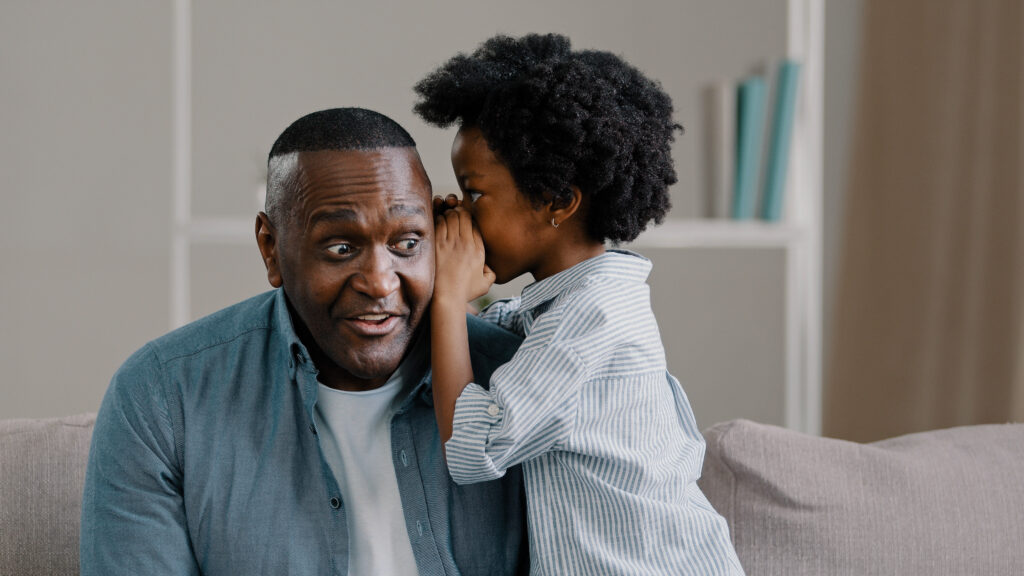How to Really Listen to Your Child: The Art of Conscious Communication

Are you ever busy with a job—like making food or work—when your child comes to tell you a big thing? You nod and say “uh-huh,” but their eyes stay on you. They wait for you to really look at them. That look is a sign. Your child does not just want to talk. They want to be heard. As a Child Development Specialist, I see now that one of the best gifts we can give our kids is our full time and care. To give your time and care is not just to be in the same room. It is to join in with Active Listening Parenting, show you see their feelings, and use what I call Conscious paranting. Here, we will look at how to be the conscious parent. A parent who listens with care, gives kind words back, and builds a life of trust with their child. 1. Listening Is More Than Hearing Hearing just happens. Listening is work. It is to use your ears, eyes, and heart. When your child talks, do you look at them? Do you stop what you do? Do you show that you see how they feel? Like this: “You look very sad your toys fell. That must feel bad.” That is Nonviolent Communication. You show you see their feelings. You do not judge or fix them. This is a key part of mindful parenting. With it, your time and care mean more than being right. Life shows that kids who feel heard have a good hold on their feelings. They can also work out hard things as they grow up. This is called Emotional Regulation. 2. Ask, Don’t Tell When your child tells you a thing—a big thing—you may want to give help or fix it. But most of the time, they just want you to know how they feel. Try to ask questions that need more than a yes or no: This lets them talk more. It helps them find words for their feelings. This is a main part of Holistic Child Development. In Family Meeting times I have led, parents who do this all the time see a big change. Their kids talk more and end fights in a good way. It is also a key rule for conscious co-parenting like we teach at Vedangi Brahmbhatt. 3. Make Times to Talk Some of the best talks can be had in day-to-day life. It can be in the bath, in the car, or when you make food. These are good times for Toddler Activities. You can add set times to check in. One way is to ask for one good thing and one hard thing from the day. These small habits can help all kids share more. They show the benefits of mindful parenting for child development and help kids feel safe. Tip: Make a “listen time” for 5 minutes each day. Your child talks and you just listen. Do not stop them, give help, or do other work. It is a very good thing to do. Real-Time Insight: A new look at life in 2024 shows that homes that use listening and kind talk each day have far less bad ways of acting out. This shows how to implement conscious parenting techniques at home is not just an idea—it brings a very big change. Conclusion: A Tool for Life Kids do not need us to know all the things. They need us to be there for them. To make space for their big questions, what they fear, and their joy. When we use conscious communication, we build trust. We help them feel good about who they are. We help them be strong inside. Parenting Tip: When feelings are big, try to say their words back to them. It shows you love them and are with them. It helps them to keep on with their story. Don’t forget to follow us on Instagram, and YouTube for more on mindful parenting and conscious communication. For the latest news, click here to view our recent press releases.

